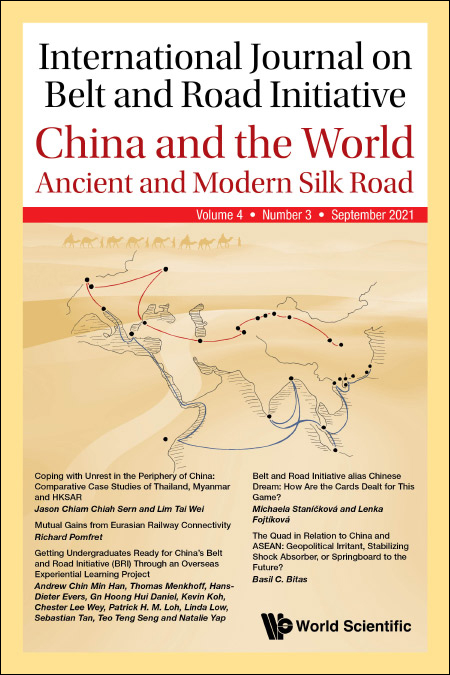The Quad in Relation to China and ASEAN: Geopolitical Irritant, Stabilizing Shock Absorber, or Springboard to the Future?
Abstract
This paper traces the evolution of the Quadrilateral Security Dialogue (Quad) from its inception in an ad-hoc manner in 2004 to its current, more formal iteration, beginning in 2017. It asks whether the regional cross-currents, ranging from trade tensions to competing territorial claims in the South China Sea, will give the Quad scope to play a constructive stabilizing role or whether the grouping will simply exacerbate frictions. The interests of the Quad members, together with those of ASEAN and China, are highlighted in assessing the extent to which they can be reconciled or leveraged for the benefit of regional stability, security and development. The paper postulates a continuum running from the Quad as irritant to shock absorber or, ideally, springboard to the future and further explains how a broader mission for the Quad, focusing on (i) operational interests and flexible cooperation among like-minded states rather than (ii) “security” and formal membership per se, may be most consistent with the modern approach to balancing sovereignty and collective action and to advancing in real terms the needs and interests of the region.


